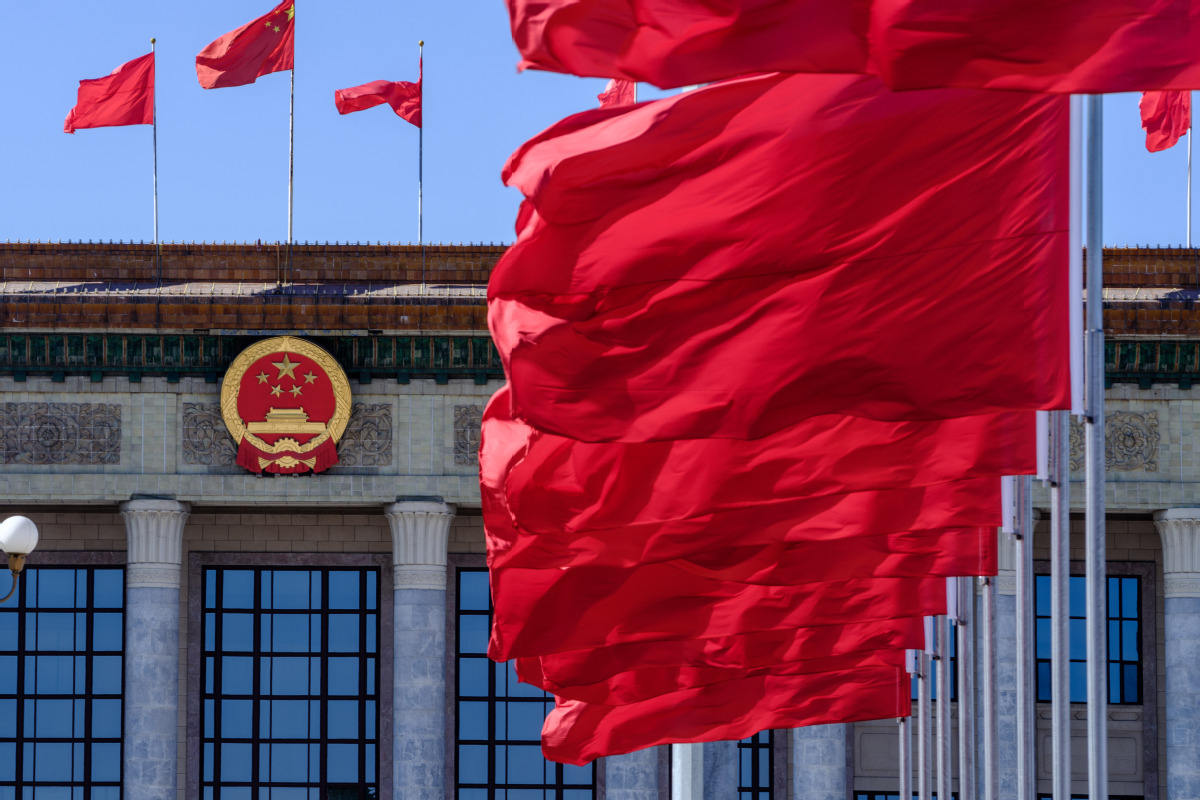Beijing committed consistently to peaceful development and reunification though wronged on 'coercion' allegations, expert say


Chinese defense chief's speech at a regional forum on June 12 underscores Beijing's commitment to peaceful development, experts say, adding that the word "coercion" cannot be applied in reference to any security-related moves made by China overseas.
"When one talks about coercion, the first idea that come into everyone's mind is military presence," said Henry Chan, visiting senior research fellow at the Cambodian Institute for Cooperation and Peace.
But China has only one overseas base at Djibouti which serves as a logistics facility for United Nations-approved naval patrol operations, said Chan.
"This is in contrast to others which keep hundreds (of military bases) in other countries," he told China Daily, in an apparent reference to the United States.
Chan added that China has some legitimate interests to protect, and that one should not take anything the country does overseas as coercion.
Speaking at the Shangri-La Dialogue in Singapore, Chinese State Councilor and Defense Minister General Wei Fenghe said China's development is not a threat to others, and that the country firmly adheres to the path of peaceful development.
"The Chinese military is always an army of peace and will also resolutely safeguard the country's sovereignty, security and development interests," said Wei.
"I think China has a genuine wish to be part of a peaceful (global) community and to contribute to it, whether it is talking about developments or maintaining peace and security," said Ngeow Chow-Bing, director of the Institute of China Studies at the University of Malaya in Kuala Lumpur.
Ngeow noted that China is involved in a number of territorial and maritime disputes, which are all very difficult to resolve, and this is why when Beijing takes some assertive actions, they may be seen as coercive policy in some other countries.
Yet Chan from the Cambodian Institute for Cooperation and Peace said China has legitimate overseas interests to protect, as it is the world's second-largest economy and the largest trading nation.
"In fact, missions such as piracy protection are (for the good of the public) that China is expected to provide with its growing economy," Chan said.
Kavi Chongkittavorn, a senior fellow at Chulalongkorn University's Institute of Security and International Studies in Thailand, said the US is moving its self-intended competition with China to the regional theatre, and that Asia's interests can be protected if all concerned parties manage to take care of their conflicts and hold dialogues.
"ASEAN is a safe space for great powers to hold talks and reconcile. No need to divide this neutral fulcrum," Kavi told China Daily, noting that members of the Association of Southeast Asian Nations would not side with either power.
Chan also said it is good that Wei clarified what the People's Liberation Army will do if China's Taiwan region tries to break away. Beijing's position should be a no-brainer and intuitive because no country in the world will allow its territory to be torn apart, he said.
In his speech, Wei said peaceful reunification is the largest aspiration of the Chinese people, but "if anyone dares to separate Taiwan from the motherland, China has no choice but to go to war, fight at all cost, and fight to the end".
Chan said the media and the regional allies of the West often misrepresent the China positions or misquote the Chinese statements and are putting the Taiwan issue as a case of democracy versus autocracy, while ignoring the fact that it is an issue about the violation of territorial integrity of China.
"The whole issue is, (these countries) signed the one-China policy many years ago. So why do they turn their face and pretend to forget that statement?" said Chan, noting that many countries have agreed on clauses such as Taiwan is a part of China when they established diplomatic ties with China.
Ngeow from the University of Malaya said the longstanding position and policies of China are very consistent.
"China has never renounced the use of force but has always prioritized peaceful reunification," he said.
Though the tone of Wei's statement on the Taiwan question may seem to be quite forceful, Ngeow said the substance of the message has always been the same.
"I think (Wei's) forcefulness somehow has to be understood in the context (of) … worrying developments concerning Taiwan," said Ngeow, noting that US President Joe Biden has spoken about possible military intervention from Washington.
On June 8, the US announced the sale of $120 million in spare ship parts and other equipment, the fourth arms package to Taiwan approved under Biden, who said in May that Washington would militarily defend Taiwan, though the White House backtracked later.
As for Southeast Asia, Ngeow said it is the hope of regional countries that the top two world powers can work out their differences and maintain peaceful exchanges.
Contact the writers at kelly@chinadailyapac.com


































